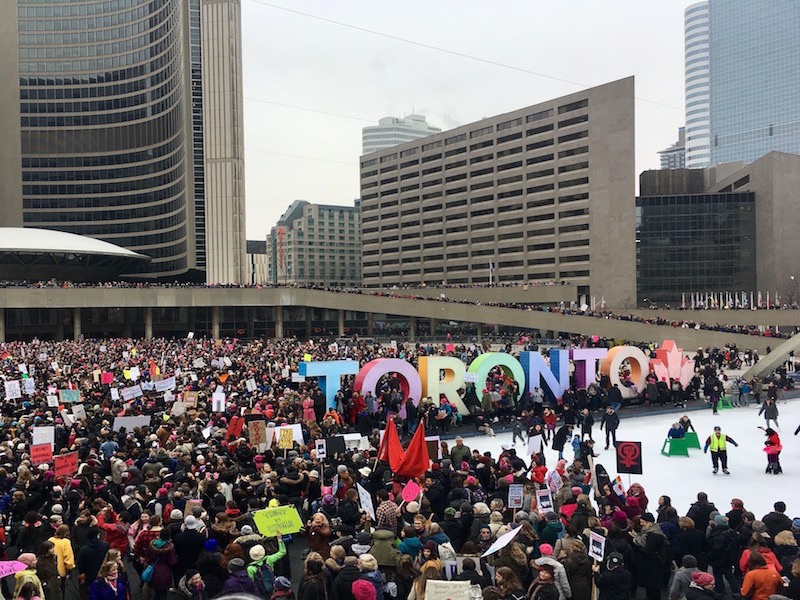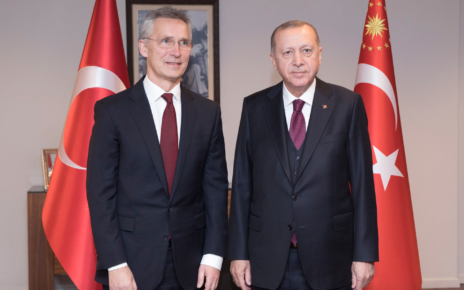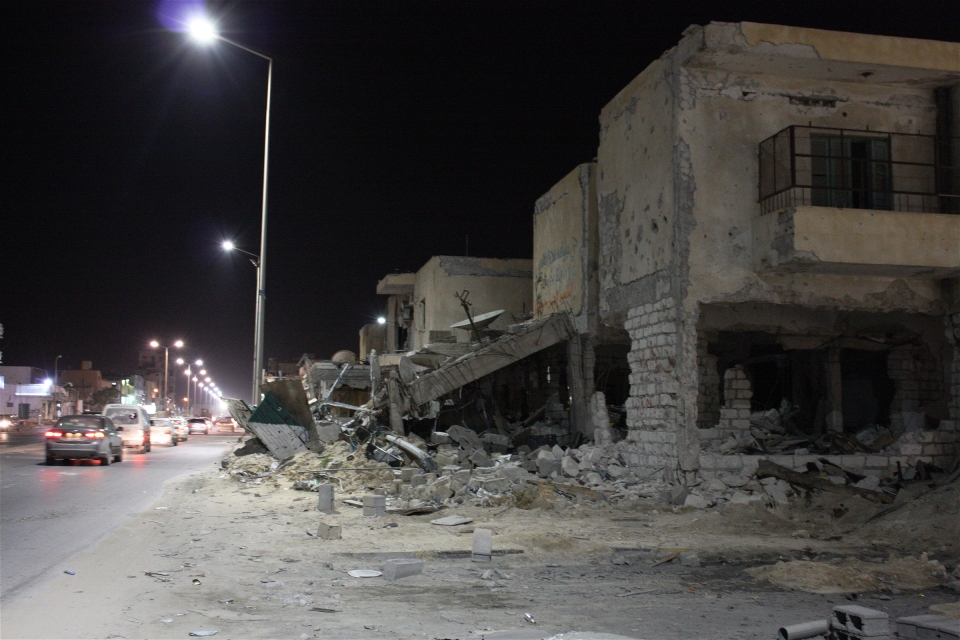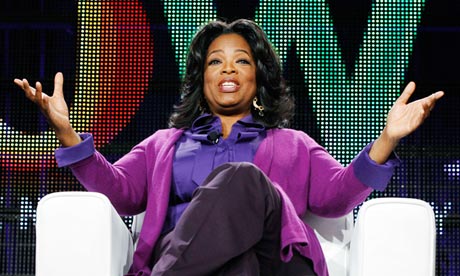Donald Trump signed an executive order on January 23, 2017, banning international NGOs from providing abortion services if they want U.S. government funding.
He did this without a single woman present in the room.
Indeed, Trump, surrounded by six other men, reinstated the Global Gag Rule, a policy that has come in and out of legislation as power switched between Democrats and Republicans throughout the past 30 years.
The Global Gag Rule, also known as the Mexico City Policy, was created in 1984 under the Reagan administration. The legislation allows the United States government to withhold funding from international NGOs that perform or promote abortion services. Secondly, it puts U.S. funding at risk when advocates fight to decriminalize or liberalize abortion in their country. Finally, NGOs that offer women the option of abortion or refer women to an abortion provider are at risk of losing their funding for these actions.
This poses a big problem to family planning and women’s health NGOs in poorer countries, who have considerably less financial and health resources. That’s why they look abroad to countries like the United States.
The United States government provides the largest financial support to global health institutions. USAid alone has received $3bn USD in funding towards its efforts of reducing extreme poverty around the world. But institutions like the International Planned Parenthood Federation (IPPF) have decided to stand against this legislation, risking the loss of $100m USD in funding.
According to the Guttmacher Institute, under President George W. Bush, the Global Gag Rule led to the “…termination of… leading providers of health care to people living in poor and rural communities in the country…[and] curtailed community-based outreach activities and the flow and availability of contraceptive supplies.”
This has caused negative impacts in some of the world’s poorest countries. Impassioned Advocates for Girls and Woman (PAI) found that countries like Ghana saw a 40% reduction in the use of family planning services, affecting more than 1,327 communities. With contraceptive shortages and lack of education on HIV/AIDS, women are more likely to have unwanted pregnancies, which likely increases the number of abortions rather than decrease them. Contrary to belief, banning resources needed for safe abortions and family planning does not stop women from needing these services. Although there are other cultural reasons, restrictive abortion laws, like in Africa and South America, have higher abortion rates (29% in Africa and 32% in Latin America) than countries in Western Europe (12%), where abortion is lawful, regulated, and safer.
What’s surprising is Trump’s immediate attention to this legislation. He signed the executive order on his first day in office. But why the attention when his views on abortion itself have gone back and forth?
Whether it be for ethical reasons, influence from conservative policy makers, or a way to get votes, the Global Gag Rule has reinstated an anti-choice culture, damaging the rights a woman has to her own body. Signing this executive order two days after millions of people marched the streets fighting for women’s rights has been seen as dangerous and misogynistic, inhibiting a society that wants to move forward.
This is why those standing in solidarity for women’s rights continue to march.
This is what they are fighting for.

Sources:
https://www.facebook.com/events/1188071894612345/
https://www.facebook.com/events/1887427814819609/
https://www.facebook.com/events/432528690204741/
https://www.facebook.com/events/2169332969958991/
Photos:
Washington Photo: Washington Women’s March on Washington – Pennsylvania Avenue (2017), by Mobilus In Mobili via Wikimedia Commons. Licensed under CC BY-SA 2.0.
Paris Photo: Paris Women’s March (VOA) (2017), by Voice of America via Wikimedia Commons. Public Domain.
Nairobi Photo: Nairobi Women’s March (VOA) (2017), by Voice of America via Wikimedia Commons. Public Domain.
Toronto Photo/Featured Photo: Toronto Women’s March (2017), by Bianca Hossain. Used with permission.
Disclaimer: Any views or opinions expressed in articles are solely those of the authors and do not necessarily represent the views of the NATO Association of Canada.




